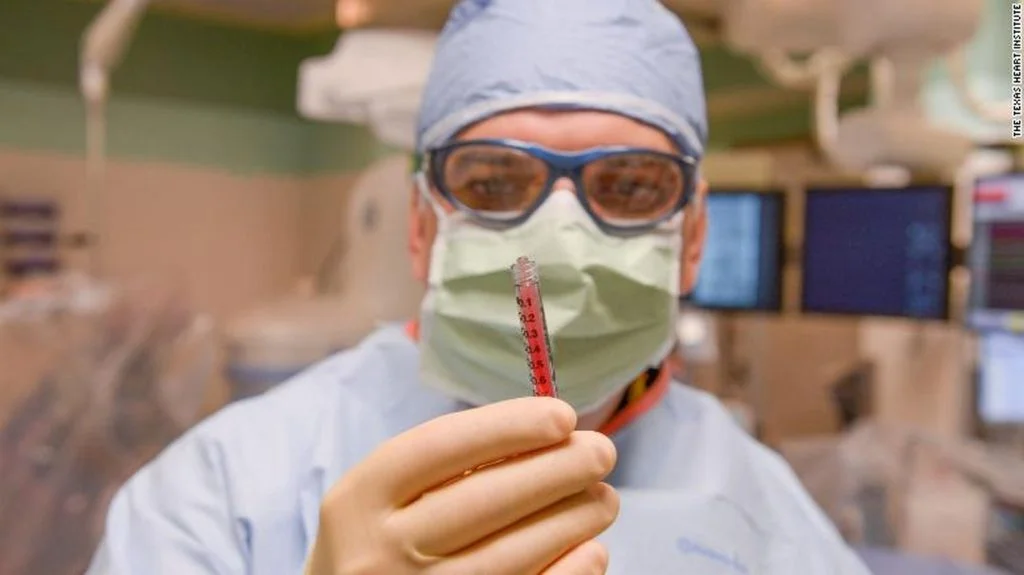A large trial showed that a single injection of a patient’s own stem cells into their heart was able to reduce inflammation and risk of heart attack and stroke by 58% if they had heart failure.
6 million Americans have clinical diagnoses of heart failure, a condition designated by a lack of ability for the heart to pump blood sufficiently.
“For the first time, we’ve discovered that stem cells can successfully treat the inflammation that causes heart failure,” study lead author Dr. Emerson Perin, told the European Pharmaceutical Review.
It’s the largest clinical trial of cell therapy for heart disease to date and demonstrated several positive results. Before understanding the cure, it’s worth taking a moment to understand the problem.
Local Students Earn Scholarships in STEM Competition(Opens in a new browser tab)
When less than 40% of the blood inside the heart is pumped out into the body, an individual has heart failure, and could in theory at any moment suffer a cardiovascular event like a heart attack. This is called left ventricular ejection fraction (LVEF), with a healthy person’s fraction being 55%-70%.
Because inflammation is closely associated with heart disease—both arise from the same poor lifestyle patterns which cause the majority of cases of heart disease—cardiologists at the Texas Heart Institute designed a treatment that could address the inflammation.
What they selected were stem cells taken from a patient’s bone marrow called mesenchymal precursor cells, which are replicated in a lab via proprietary methods developed by a pharmaceutical company called Mesoblast, and injected straight into the heart.
First and foremost, the treatment, called rexlemestrocel-L, was well-tolerated and didn’t cause additional inflammation in any patients who received it. Secondly, the treated patients showed increased performance of LVEF; their hearts were pumping out more blood volume.
“We are very encouraged by these study data that indicate the potential of our allogeneic cellular therapy to address the major areas of unmet need in heart failure patients where conventional treatments are not effective,” said Mesoblast CEO Dr. Silviu Itescu in a statement.
“Improvement in LVEF at 12 months may be a functional surrogate endpoint for rexlemestrocel-L’s subsequent benefits on long-term MACE outcomes and survival in this high-risk patient population with chronic heart failure.”
The trial was a phase 3, double-blinded, placebo-controlled trial, i.e. the gold standard for medicine, and it should open up the door to future trials of the same kind and turn the research into real treatments for thousands of people.


1 Comment
Pingback: A Hero Ingredient To Help Manage Obesity: The Hardy Roselle Plant - Spanning the Need: Good News, Inspiring, the Uninspired.